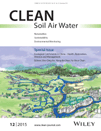 A researcher who studies how to turn dairy cattle manure into natural gas falsified and fabricated data in a journal article and failed to declare a commercial conflict of interest, a Washington State University investigation has found.
A researcher who studies how to turn dairy cattle manure into natural gas falsified and fabricated data in a journal article and failed to declare a commercial conflict of interest, a Washington State University investigation has found.
The study “Evaluation of Co-Digestion at a Commercial Dairy Anaerobic Digester” was published in 2011 in the journal CLEAN: Soil, Air, Water. First author Craig Frear was a Ph.D. student at WSU Pullman when the study was carried out and an assistant professor at the time of the investigation. The editor-in-chief of CLEAN, Prisca Henheik, told us that the retraction is a done deal even though it has not been posted online: Continue reading A bullshit excuse? My lab notebook “was blown into a manure pit”

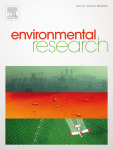
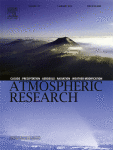 This version of Hurricane Isaac —
This version of Hurricane Isaac — 
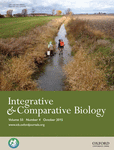

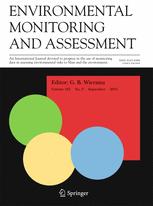 An environmental journal is retracting an article about the risks of pesticides to groundwater after determining it contained data that “the authors did not have permission (implicit or explicit) to publish.”
An environmental journal is retracting an article about the risks of pesticides to groundwater after determining it contained data that “the authors did not have permission (implicit or explicit) to publish.”